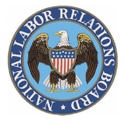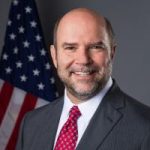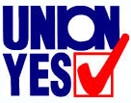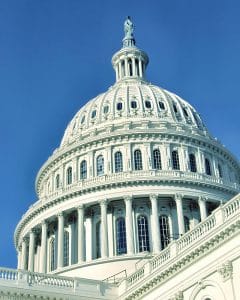SMART Local 20’s Youth-to-Youth program paid dividends in Indianapolis, Ind., in early December 2024, where members and officers worked to highlight alleged anti-union behavior and win hundreds of thousands in backpay from Performance Mechanical Contracting, Inc (PMC). After the local filed four unfair labor practice charges with the National Labor Relations Board, the NLRB secured a settlement agreement with the contractor that saw PMC pay $459,758 to fired Local 20 workers.
The campaign began when PMC started hiring sheet metal workers. As part of Local 20’s organizing efforts, Local 20 Business Manager Trent Todd explained, eight members in the local’s Youth-to-Youth program applied to work at the company — and declared their union affiliation ahead of time. Those workers were not hired by the company. However, Todd added, two members that did not announce their Local 20 membership were hired. After starting at PMC, the members stated their union affiliation, and they were fired.
Local 20 acted swiftly, filing a complaint that, according to the NLRB, “alleged that the employer unlawfully refused to hire or consider for hire eight applicants and fired two employees because they engaged in union activities, interrogated employees and promulgated an unlawful rule.”
And in December, the NLRB announced the settlement. Along with backpay, PMC agreed to cease and desist from unlawful conduct and to post, read and email a notice of employee rights to its workers.
“Every worker in this country has the right to organize a union, and we at Local 20 will always fight to defend that right,” Todd said. “I am proud of the work our organizing department performed on this campaign. PMC illegally refused to hire qualified applicants because of their union affiliation. This settlement is evidence that rank-and-file organizing has a direct impact on our industry.”
“It is unlawful for an employer to refuse to hire applicants — or fire workers — because of their support for a union,” said [NLRB] Region 25 Regional Director Patricia Nachand in the NLRB’s press release. “I’m proud of Region 25 staff for securing this strong settlement that makes whole the victims of the unfair labor practices.”


 Days after the Republican presidential candidate Scott Walker announced his plan to get rid of the National Labor Relations Board, Democratic lawmakers are rolling out a plan to strengthen the government agency. The bill, introduced on Wednesday, will also serve as a litmus test to Democrats vying for union endorsements in the 2016 presidential election.
Days after the Republican presidential candidate Scott Walker announced his plan to get rid of the National Labor Relations Board, Democratic lawmakers are rolling out a plan to strengthen the government agency. The bill, introduced on Wednesday, will also serve as a litmus test to Democrats vying for union endorsements in the 2016 presidential election. The U.S. Court of Appeals ruled on Tuesday against the National Labor Relations Board (NLRB) and their ruling that workplaces must display posters about union organizing, bargaining and protests.
The U.S. Court of Appeals ruled on Tuesday against the National Labor Relations Board (NLRB) and their ruling that workplaces must display posters about union organizing, bargaining and protests.